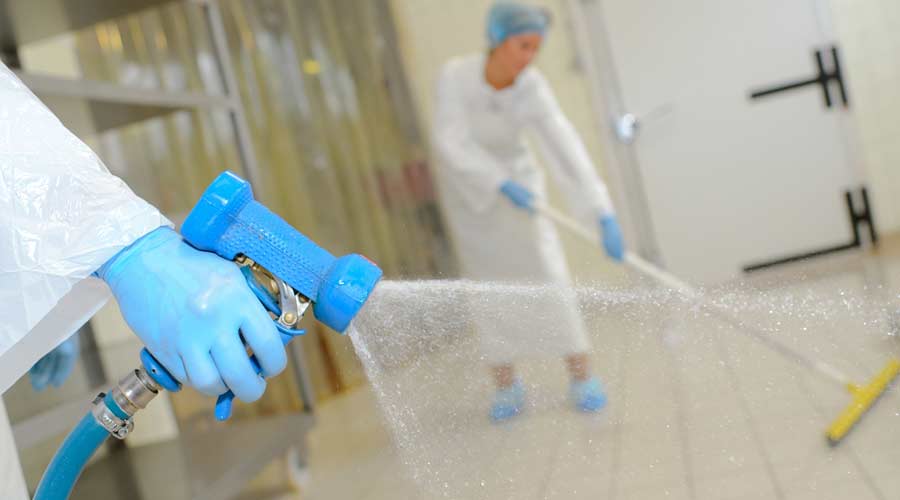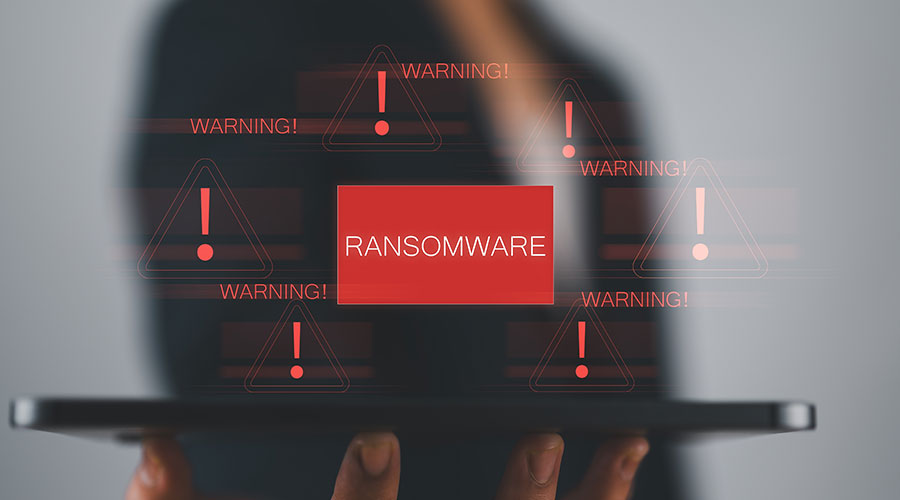Recently, the author of a study on sodium hypochlorite, commonly called bleach, revealed that Clostridioides difficile (C. diff) spores tolerate disinfection with sodium hypochlorite disinfectant and remain viable within surgical scrubs and patient gown fabrics.
“What’s important about the work that we did there was we realized that spores from trying different strains behave differently,” Loveleen Tina Joshi, PhD., told Infection Control Today. Joshi is an associate professor of molecular microbiology at the University of Plymouth, UK, and is the author of the peer-reviewed research article.
“You cannot take one microorganism and say every single strain of one organism behaves the same way,” she says. “I think that is a crucial problem between the academic scientific world and the infection prevention and control (IPC) world … because IPC treats all microorganisms in the same way, by the sounds of it. In [many] tests, like the environmental monitoring (EM) tests and the U.S. Environmental Protection Agency (EPA) test, one strain represents all the strains of a pathogen.”
Joshi also says, “There will be a time when these microorganisms do what they did with (antimicrobial resistance). They are going to become resistant to these disinfection processes. And where does that leave us? Because if we bury our heads in the sand now and continue to use things that do not work properly, we are going to be in trouble, and we will be scrambling for new disinfectants like we are antimicrobials.”
Can bacteria become resistant to disinfectants? Perhaps. However, rather than take my professional opinion for gospel, let’s look at the facts.
Disinfectants should only be applied to precleaned surfaces. Most chemical disinfectants cannot do their job when organic soil is in the way. Soil can absorb the active ingredient, provide more places for the germs to hide and challenge the chemical nature of the disinfectant.
The EPA does not require clinical evidence of efficacy for registration of disinfectants, which is in stark contrast to the U.S. Food and Drug Administration, which requires evidence of clinical efficacy to approve antimicrobial products.
This situation is problematic because public health claims allowed by the EPA are based on in vitro (studies and tests on organic matter in a controlled laboratory setting) assays and not in the real world.
Disinfectants are tested for EPA registration of this research project without any wiping action. Even though most surfaces are disinfected with wiping, testing and label claims of products used for the purpose never entail wiping action. This is a serious omission.
When an environmental services technician (EST) is processing the aftermath in the trauma room, the gurney is not submerged in disinfectant for 10 minutes as the label states for contact time, although that is the how the product testing is performed.
In the real world, an EST employs a microfiber wiper, a disinfectant and elbow grease to process surfaces and equipment according to hospital protocols. The mechanical action of wiping contributes significantly to soil removal and renders surfaces safe, clean and disinfected.
J. Darrel Hicks, BA, MESRE, CHESP, Certificate of Mastery in Infection Prevention, is the past president of the Healthcare Surfaces Institute. Hicks is nationally recognized as a subject matter expert in infection prevention and control as it relates to cleaning. He is the owner and principal of Safe, Clean and Disinfected. His enterprise specializes in B2B consulting, webinar presentations, seminars and facility consulting services related to cleaning and disinfection. He can be reached at darrel@darrelhicks.com, or learn more at www.darrelhicks.com.

 17 Million Patient Records Stolen in PIH Health Ransomware Attack
17 Million Patient Records Stolen in PIH Health Ransomware Attack Holidays are Prime Times for Healthcare Cyberattacks
Holidays are Prime Times for Healthcare Cyberattacks Hartford Healthcare Forms Partnership to Open Health Equity Clinic
Hartford Healthcare Forms Partnership to Open Health Equity Clinic UCHealth Reveals Plans for Memorial Hospital North Expansion
UCHealth Reveals Plans for Memorial Hospital North Expansion What Are 'Hospi-tels'?
What Are 'Hospi-tels'?